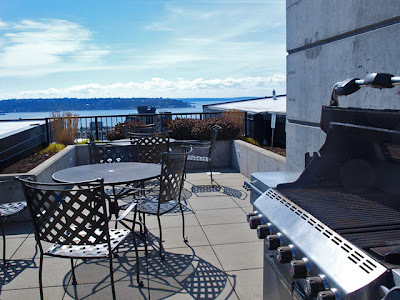Mulch is a layer of material that is applied to the surface of a soil and is mainly used for:
- Moisture conservations
- Improve fertility and health of soil
- Reduce weed growth
- Curb appeal
There are quite a few advantages to using mulch on your property but before you start putting mulch in your front lawn or your building, there are regulations for using mulch, mainly for fire-safety. A summary from an article by Boston.com:
According to the Department of Fire Services, you must keep mulch 18 inches away from the building. By taking preventive measures such as placing mulch away from combustible exteriors of building, it hopes to prevent recurring fires caused by landscape materials. This regulation was a response to a fire in 2008 in Peabody that was caused by a cigarette igniting mulch which caused $6.7 million in damages and displacing almost 800 residents. Some recommendations by the Department of Fire Services is to use crushed rocks or stones for the first 18 inches as a barrier. Make sure to respond quickly if your building is not up to code as you can be faced with liability claims from residents.
For related info, visit: http://bostonrealestatelawnews.com/2012/08/heres-the-dirt-on-mas-new-mulch-fire-safety-regulation.html
As always is you have any questions regarding property management, make sure to visit our website and utilize our client resources.






